Jolson Story, The (1946)
“If you don’t mind, I’ll sing ’til you ask me to stop. You ain’t heard nothing yet!”
|
Synopsis: |
|
Genres, Themes, Actors, and Directors:
Review: Perhaps due to the fact that Jolson was still very-much alive (and involved) during the making of this film, all characters are portrayed in a favorable light (though some — like Demarest — are actually amalgams of various people Jolson knew and worked with). Keyes plays an aspiring dancer named “Julie Benson” since Ruby Keeler didn’t want her actual name involved (though the titles and key melodies from Keeler’s movies are all used): As a heads up to viewers, much of Jolson’s earliest performing was done in blackface — though in conducting a little research, I was intrigued to learn that Jolson was actually a strong anti-racist advocate, insisting on equal pay for and treatment of Black performers, and responsible for bringing Black musical styles to white audiences. It’s too bad this aspect of his life isn’t given much screentime here (other than showing him briefly visiting a jazz club). Meanwhile, much of Jolson’s personal life — i.e., his first two wives — is missing from the movie as well, and his temporary early retirement and eventual divorce from Keeler/Keyes is treated as merely a difference in desired lifestyles, with Keyes fully sympathetic of his wish to go back to performing. However, this type of “smoothing over” is par for the course in biopics. Given that Jolson dubbed all the songs, this movie remains a useful entry point for those interested in learning more about this mega-star of vaudeville and early Hollywood. Notable Performances, Qualities, and Moments: Must See? Links: |
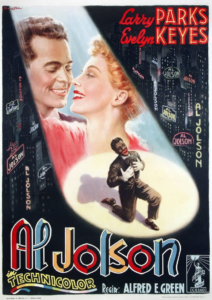
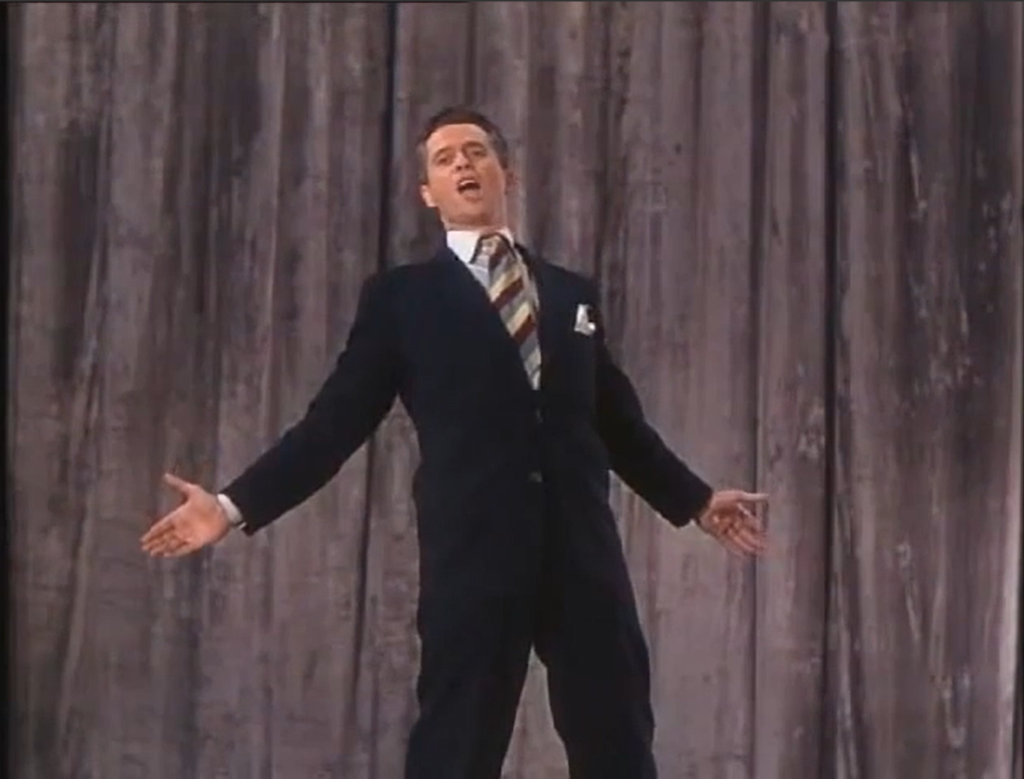
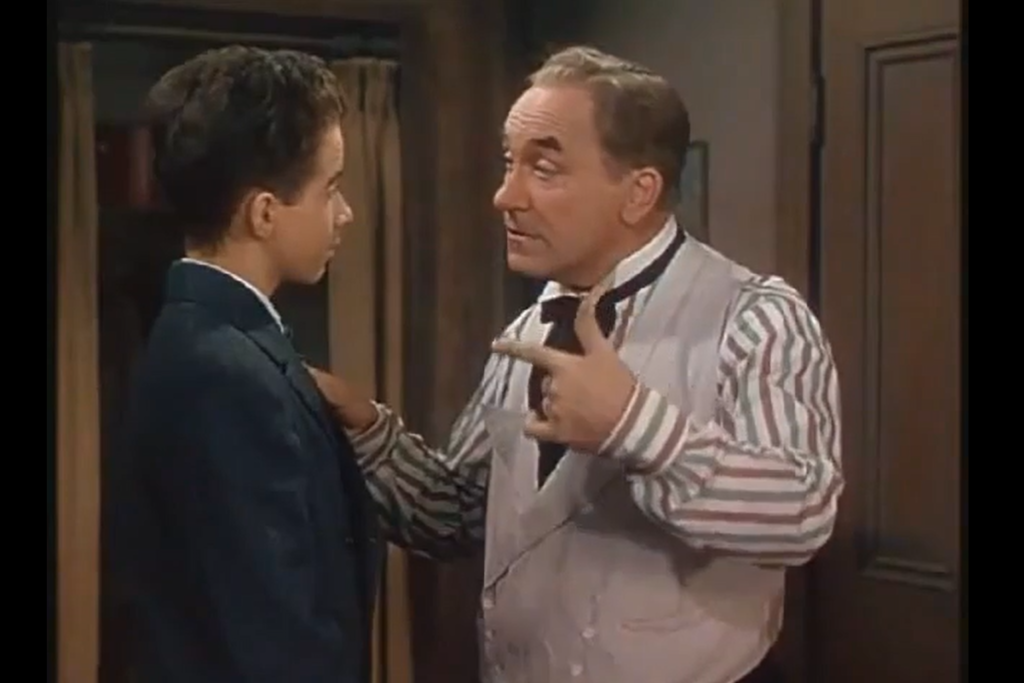
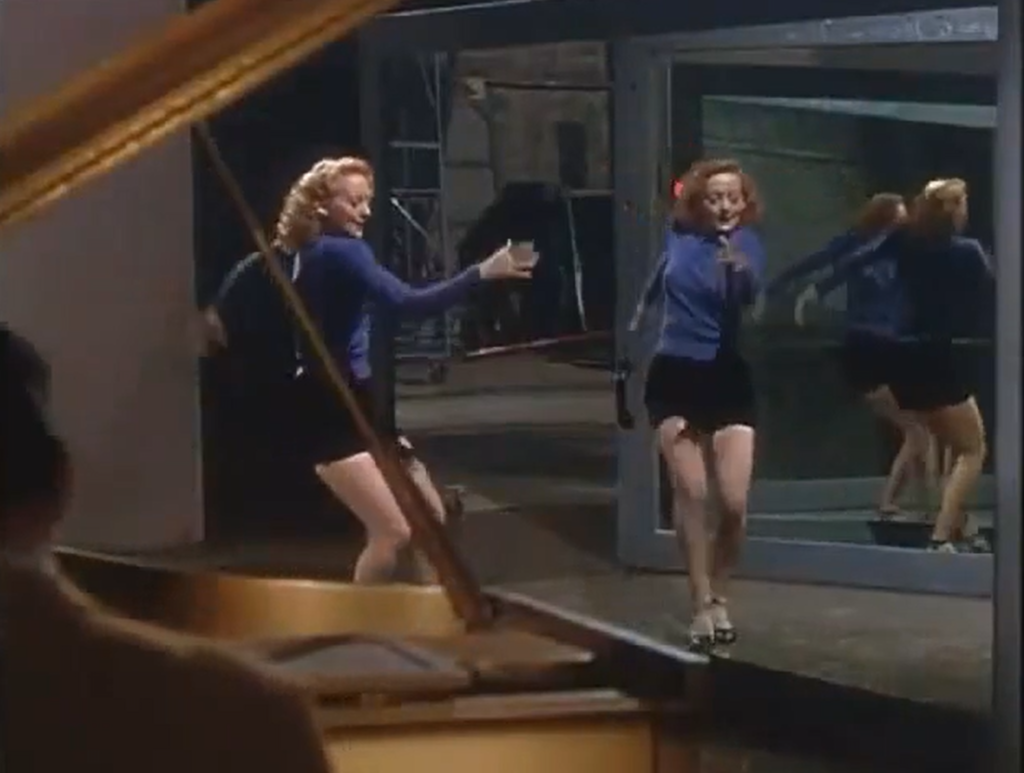
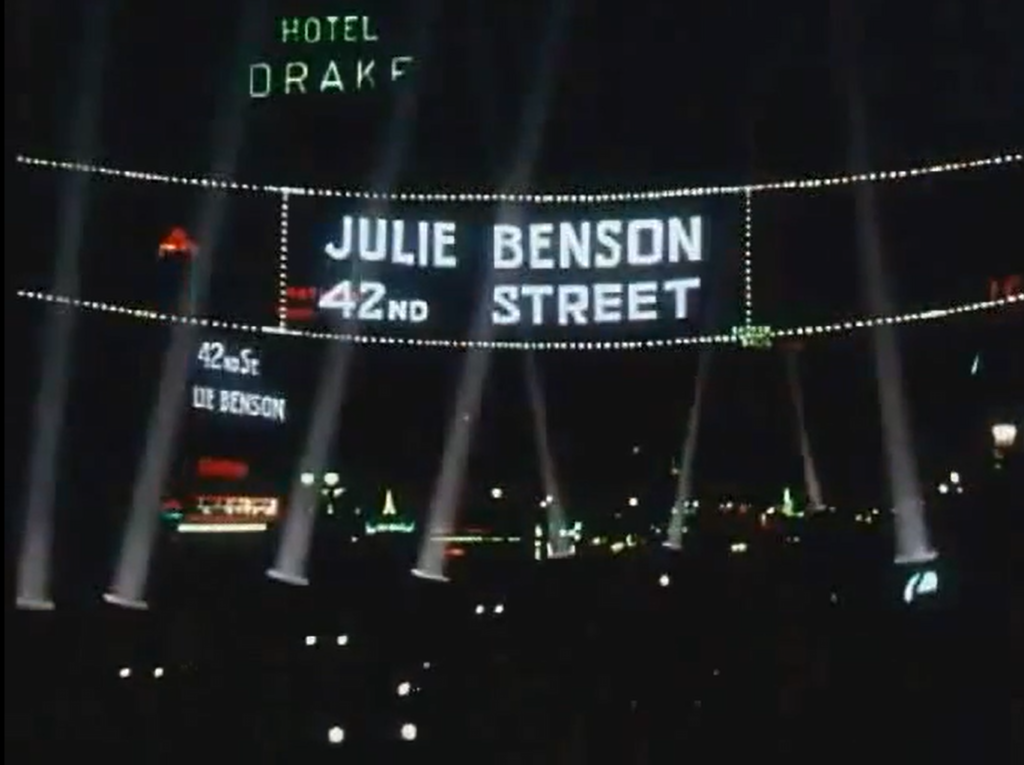
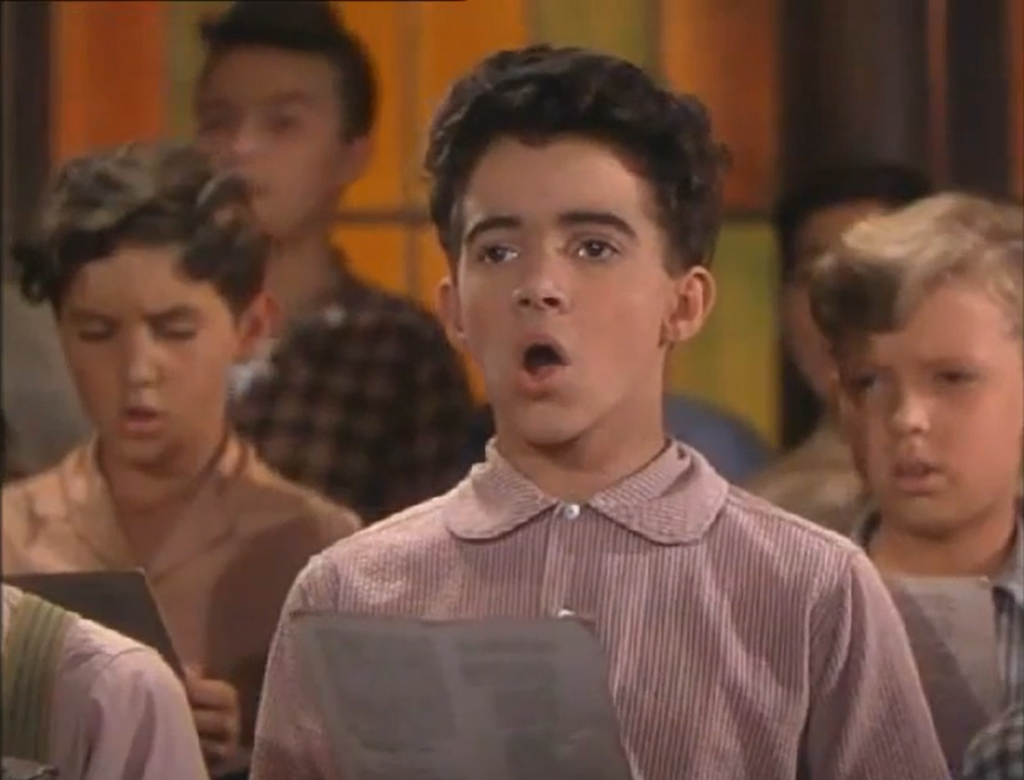
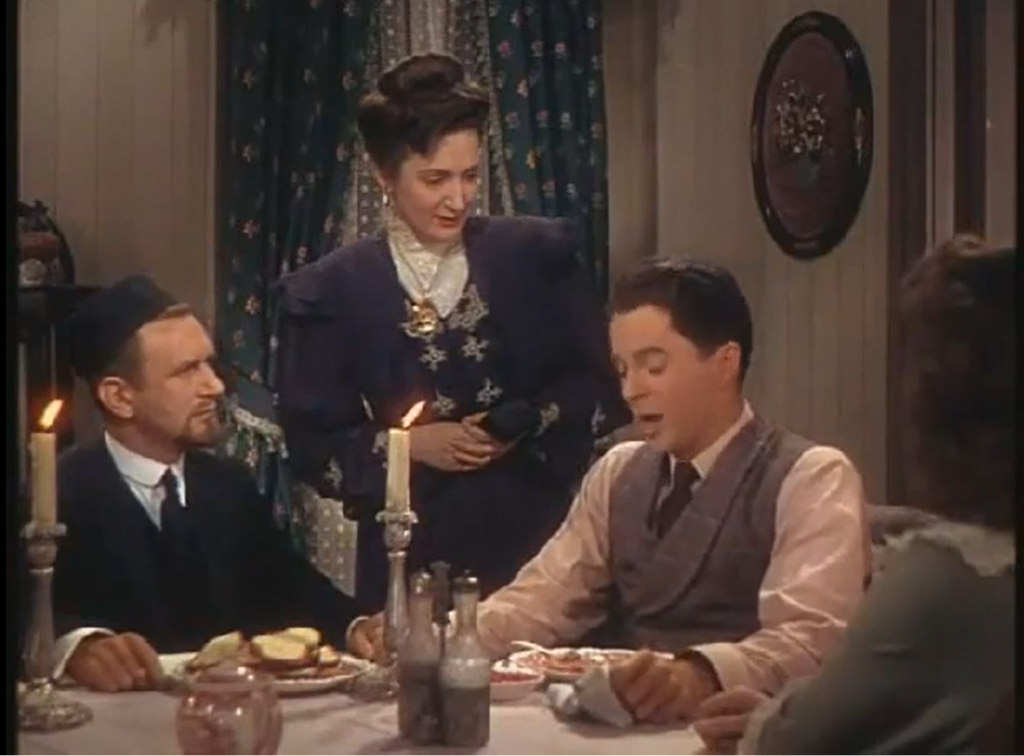
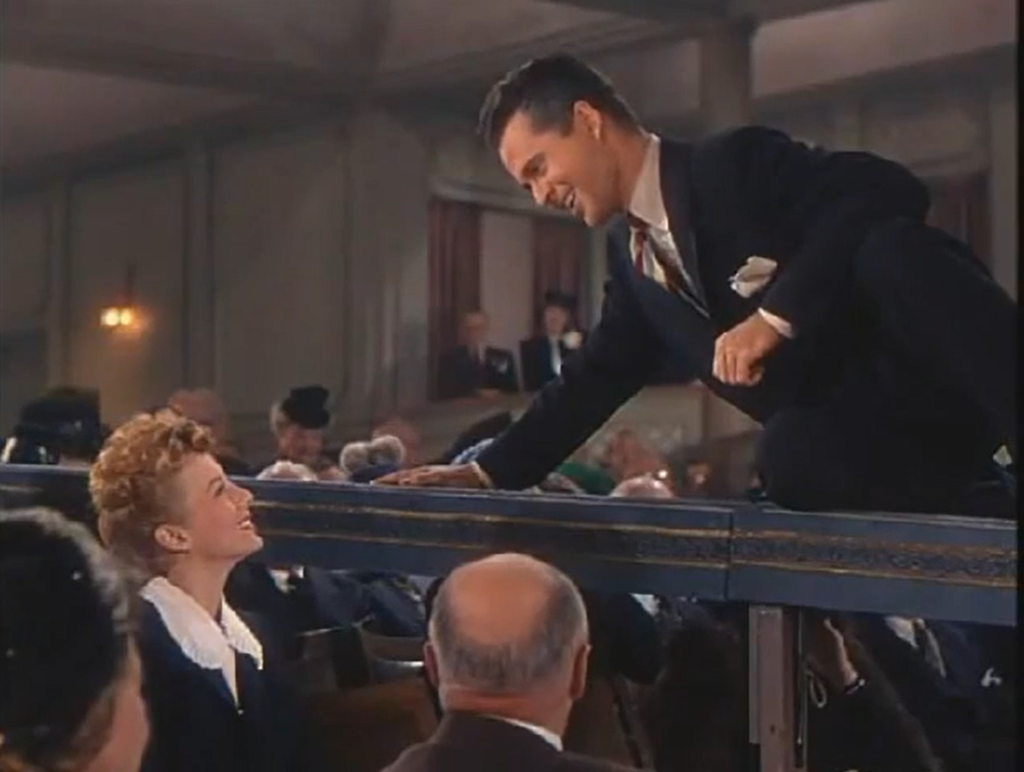
One thought on “Jolson Story, The (1946)”
Agreed; not must-see. Skipping it is probably best.